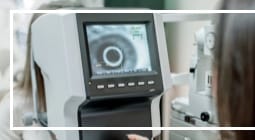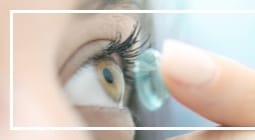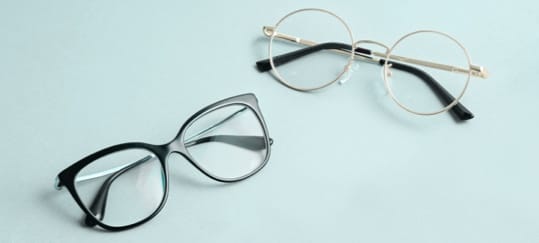Understanding Diabetic Retinopathy
Diabetic retinopathy is a vision-threatening disease unique to those who live with diabetes. It comes in two different forms: nonproliferative and proliferative.
Non-proliferative diabetic retinopathy (NPDR) occurs when blood vessels in your eyes weaken and the vessel walls leak blood and other fluids into the eye. This can impair your vision. The extent of vision impairment depends on whether a case is mild, moderate or severe.
The more advanced stage of the disease, proliferative diabetic retinopathy, occurs when weakened blood vessels around the retina not only leak blood and fluids into the eye, but eventually die and become scar tissue. This tissue can contract, pulling at the retina and threatening retinal detachment, resulting in total blindness.
Symptoms
There are usually no symptoms present before you start experiencing vision loss. However, once the disease has progressed, you could notice any of the following:
- Dark spots floating around your vision (from leaking fluids)
- Blurred vision
- Worsened color perception
- Empty areas in your vision
- Sight loss
Treatment
There is currently no cure for diabetic retinopathy at any stage. However, controlled laser treatment, known as photocoagulation, can seal any rupturing blood vessels and prevent further fluid leakage. For this reason, early detection is absolutely vital; the earlier we diagnose the disease, the more vision we may be able to preserve.




















